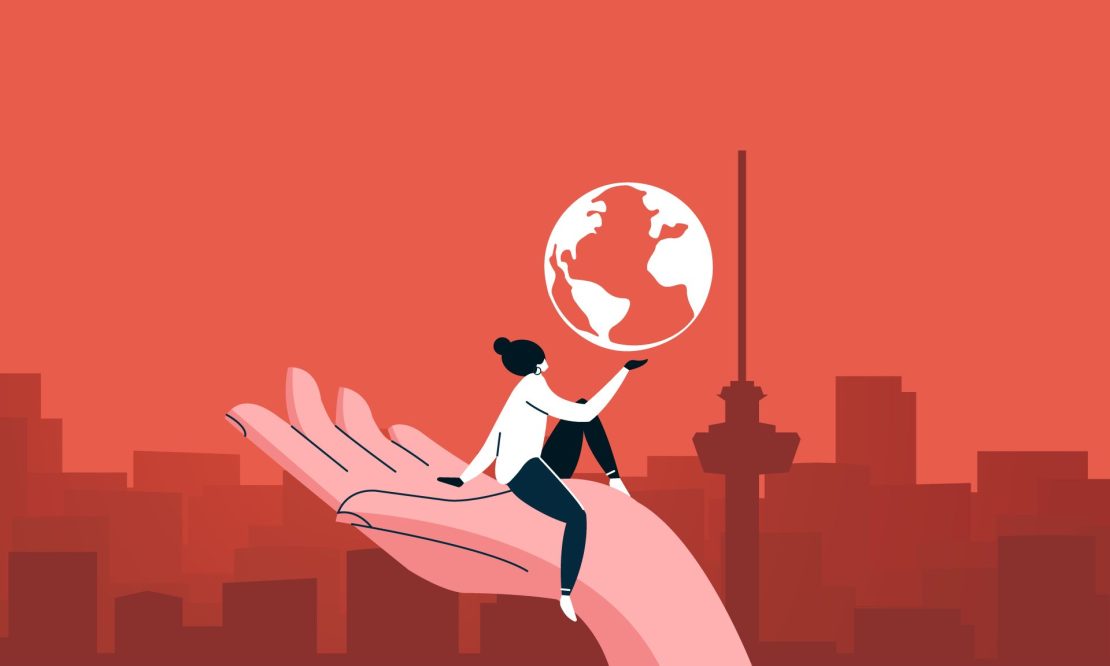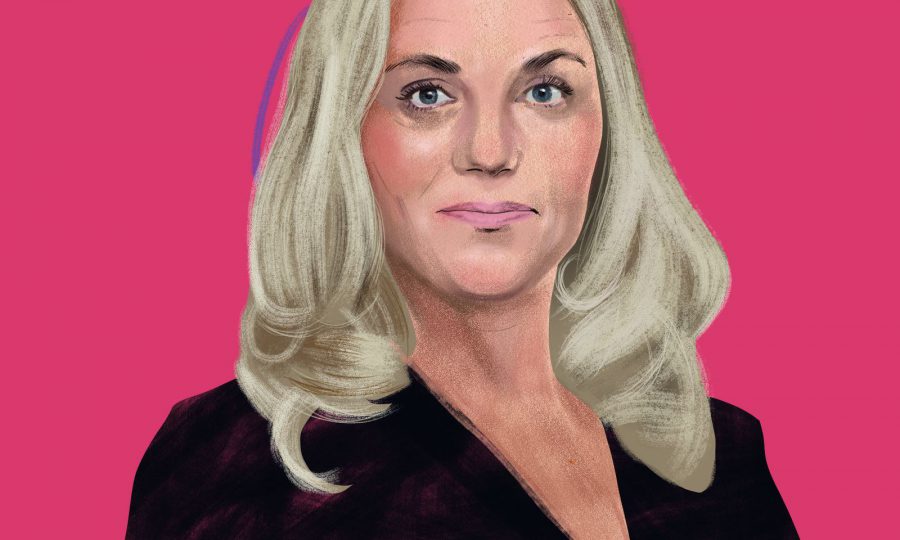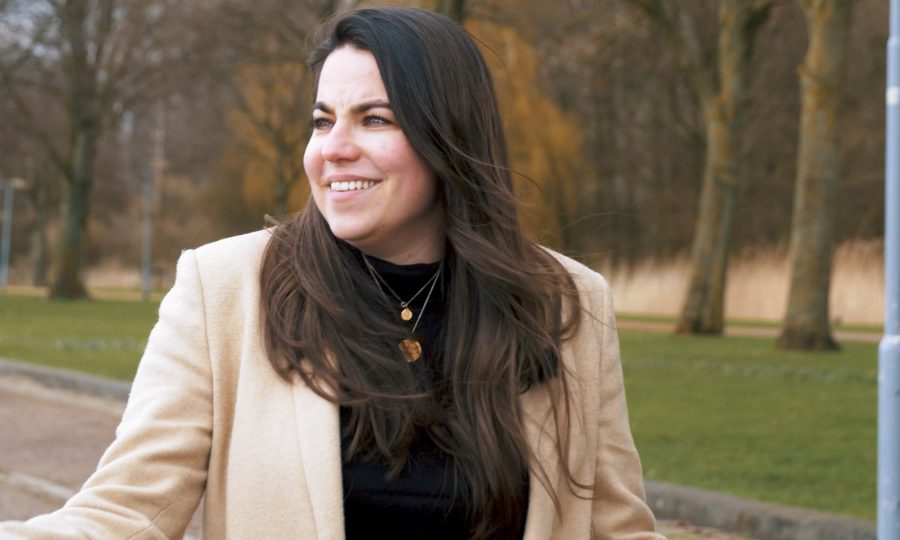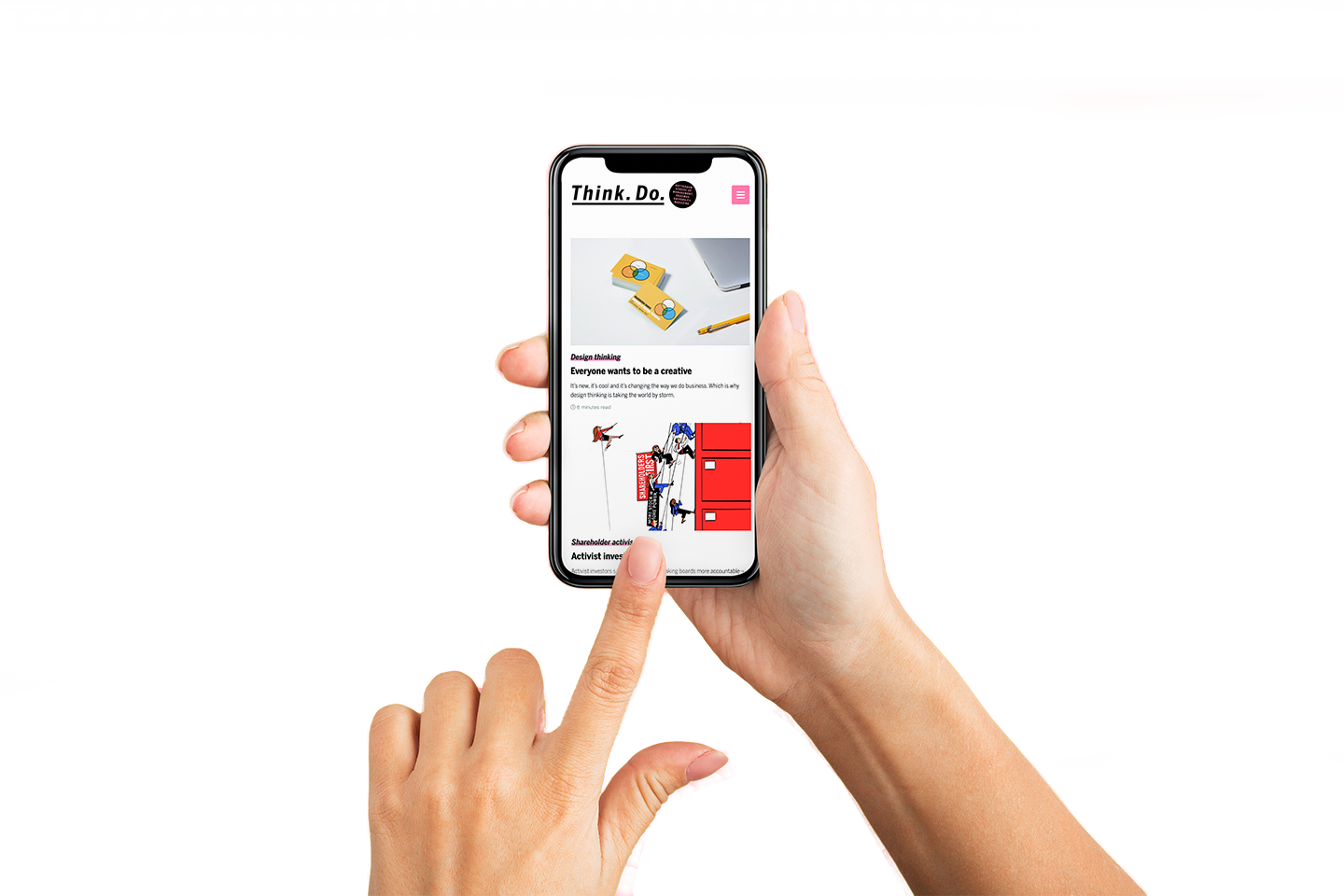Fund female entrepreneurs – and save the world
In these challenging times, we need new voices, new ideas – and funders prepared to think outside the box

Could female entrepreneurs save the world? It’s entirely likely, says Annique de Greef, Head of Education at the Erasmus Centre for Entrepreneurship. “Research shows that women entrepreneurs are more impact-oriented: their companies tackle more social innovations, social entrepreneurship and societal impact than those set up by men. Given the social, economic, and environmental challenges we are currently facing, I think it’s incredibly important to have a diverse range of voices and experiences coming up with solutions.”
But female entrepreneurs need to have equal opportunities to succeed for that to happen. And right now, that’s not the case. It’s not so much about the glass ceiling than the glass wall – which seems to descend as soon as a woman starts to seek funding, suggests de Greef. “Based on 2022 Dealroom data, we found that just 10 per cent of companies headquartered in the Netherlands have a woman as founder or co-founder, and female entrepreneurs receive a fraction of the amount of funding that men do – less than three per cent of all venture capital, in fact,” she says. Unable to access the money they need, 61 per cent of female entrepreneurs are forced to start their companies with very little capital – or nothing at all – and don’t rely on outside investment for growth. There’s also a geographical bias, with those companies concentrated in the Randstad: the majority in Amsterdam, Rotterdam, Utrecht and The Hague.
And numerous studies suggest that imposter syndrome is still rife: women often underestimate their own leadership skills, while men overestimate theirs. “This perpetuates existing biases from investors who are making their decisions based on stereotypes, and consequently affects access to funding,” de Greef points out. “When you read ‘entrepreneur’, what image immediately springs to mind? Chances are it’s a white, highly educated male. Funders seem hesitant with anyone who falls outside that conventional narrative.”
So what needs to change – and how do we change it? De Greef and colleague Katty Hsu are the initiators of SHE LEADS, an initiative supported by the Erasmus Trust Fund, the Entrepreneurial Females Fund and the Young Entrepreneurship Fund, that aims to start a new conversation around female entrepreneurship. It’s doing that by unpacking the latest research: what is it really like out there for female entrepreneurs? What challenges do they face? And what solutions actually work?
But there’s another layer, too: creating a network of female entrepreneurs who can empower, support, and inspire the next generation. Every year, the SHE LEADS online dashboard highlights 50 outstanding female entrepreneurs and leaders in the Netherlands who have achieved great things across sectors including serial entrepreneurship, social impact, scaling up, tech, and health and wellbeing.
“Research tells us that intergroup connections and communications, showcasing role models and bringing in mentors can play a powerful part in challenging these negative stereotypes – not just around female entrepreneurs, but around all under-represented groups,” says de Greef. “So, collaboration and not just reproducing what’s already there is crucial. Much of what we do is about bringing people together.”
SHE LEADS runs regular networking events, but also works within the existing ecosystem of women’s groups, of which there are currently around 600 in the Netherlands. A recent workshop related to the UN’s 67th Session of the Commission of the Status of Women brought together changemakers and young professionals. They used their entrepreneurial skills to create three action points for gender equality: early education to overcome gender bias; leveraging tech to ensure accountability; and including intersectional perspectives to ensure wider representation.
And change also starts in our own backyards, de Greef says. The Erasmus Centre for Entrepreneurship is a key player in the Netherlands’ entrepreneurial ecosystem – so it needs to champion inclusive entrepreneurship too. “Step by step, at least 50 per cent of entrepreneurs as coaches and guest speakers on the entrepreneurship courses we facilitate at RSM and other faculties of Erasmus University Rotterdam are now female,” says de Greef. “It’s about role models. If you see someone who looks like you doing something, you’ll be more likely to believe you can do it, too.”
It’s a slow business shifting the age-old societal expectations that have impeded women’s progress in the entrepreneurial space. But change is coming, says de Greef. “I’d love to say that, in 2023, the experience of female entrepreneurs isn’t affected by their gender. But we know it’s still an issue. There is a shift happening and we are ready for it. It’s time to give a voice to the unconventional entrepreneurs – everyone who doesn’t fit the mould but has so much to offer.”



